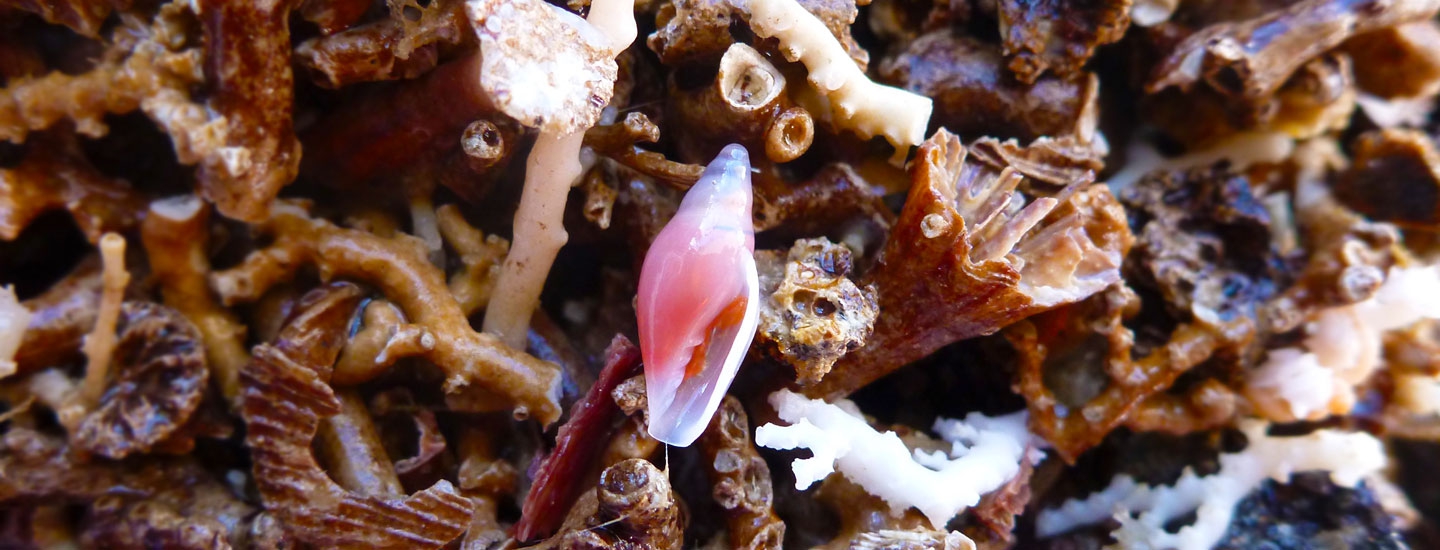TDSB
People involved
Valorisation of natural history collections and natural expeditions for the conservation and management of deep environments: the unique case of the Tropical Deep Sea Benthos program
The fauna of deep sea benthos remains at the frontier of biodiversity knowledge and therefore its sensitivity to human activities is unknown. In a context of a rush toward new marine biological or mineral resources, governments and international authorities are request knowledge on this little-known and already threatened biodiversity. The Tropical Deep Sea Benthos (TDSB) program is a unique and massive source of data. More than 80 campaigns in the Indo-Pacific, including 38 in New Caledonia, have produced more than 4000 species descriptions plus a large number of georeferenced records of taxonomic occurrences, genetic diversity and environmental data. One of the main strengths of these data is the taxonomic accuracy that, unlike the commonly used operational taxonomic units (OTUs), facilitated comparisons between studies. However, the disadvantage of this source of information lies in a sampling scheme aimed at maximizing the discovery of new taxa. This non-uniform and non-hierarchical sampling scheme requires the development of specific methods for a robust analysis of the distribution of biodiversity.
This project aims at studying profound biodiversity patterns of New Caledonia and the Indo-Pacific region through naturalist and collection data from the Muséum National d’Histoire Naturelle and the TDSB campaigns. For this purpose, statistically robust are ought to be developed in order to build knowledge that responds to challenges posed by the search for new resources in the deep (mineral and living) environment and the desire to protect deep marine biodiversity. The project is organized around three axes: (1) spatial and taxonomic characterisation of the distribution in sampling effort; (2) study of the relative importance of environmental and historical factors in structuring the distribution of deep biodiversity; (3) mapping biodiversity patterns to identify areas sensitive to benthos exploitation.
Funding :
Labex BCDIV
Project coordinators :
Boris Leroy, Maud Mouchet, Sarah Samadi
- UMR 7208 BOREA
- UMR 7204 CESCO
- UMR 7205 ISYEB

